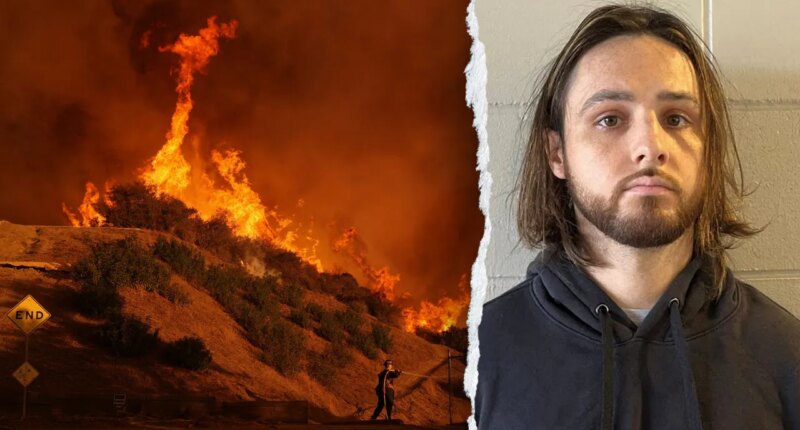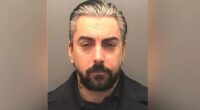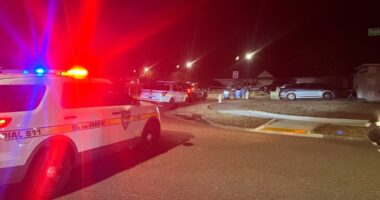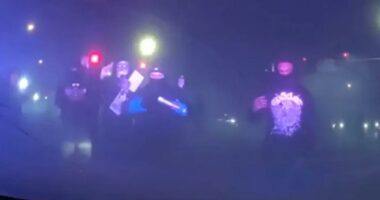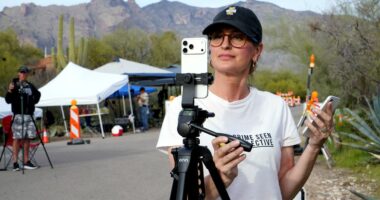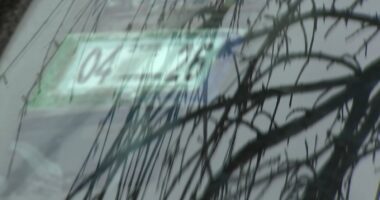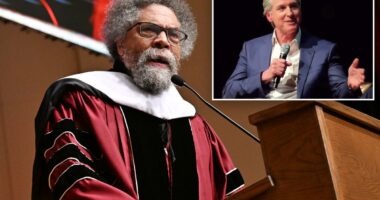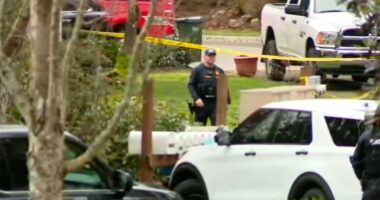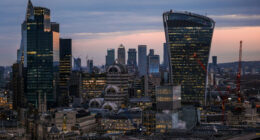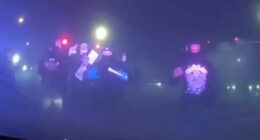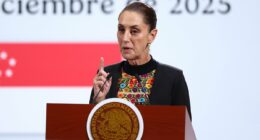Share this @internewscast.com
The man accused of igniting what authorities have called “one of the most destructive wildfires in Los Angeles history” caused a stir in federal court as he faced charges. Jonathan Rinderknecht, a 29-year-old from Melbourne, Florida, made a dramatic appearance as he entered a plea of not guilty.
Rinderknecht stood before U.S. Magistrate Judge Rozella Oliver, clad in a white jumpsuit, as he denied accusations of destruction of property by means of fire, arson affecting property used in interstate commerce, and timber set afire, Fox 11 Los Angeles reported. His defense attorney argued for his release on bail, citing an evaluation conducted by court officials in Florida, where Rinderknecht had been apprehended earlier this month.
Despite the plea from his legal counsel, the judge upheld a decision to keep Rinderknecht in custody, prompting visible frustration from the accused. As the ruling was made, Rinderknecht reportedly appeared agitated, highlighting the tension surrounding the case.
The courtroom scene turned more dramatic when Rinderknecht interrupted the proceedings, asking, “Can I actually say something about detainment?” His unexpected outburst underscored the gravity of the situation and his apparent dissatisfaction with the court’s decision.
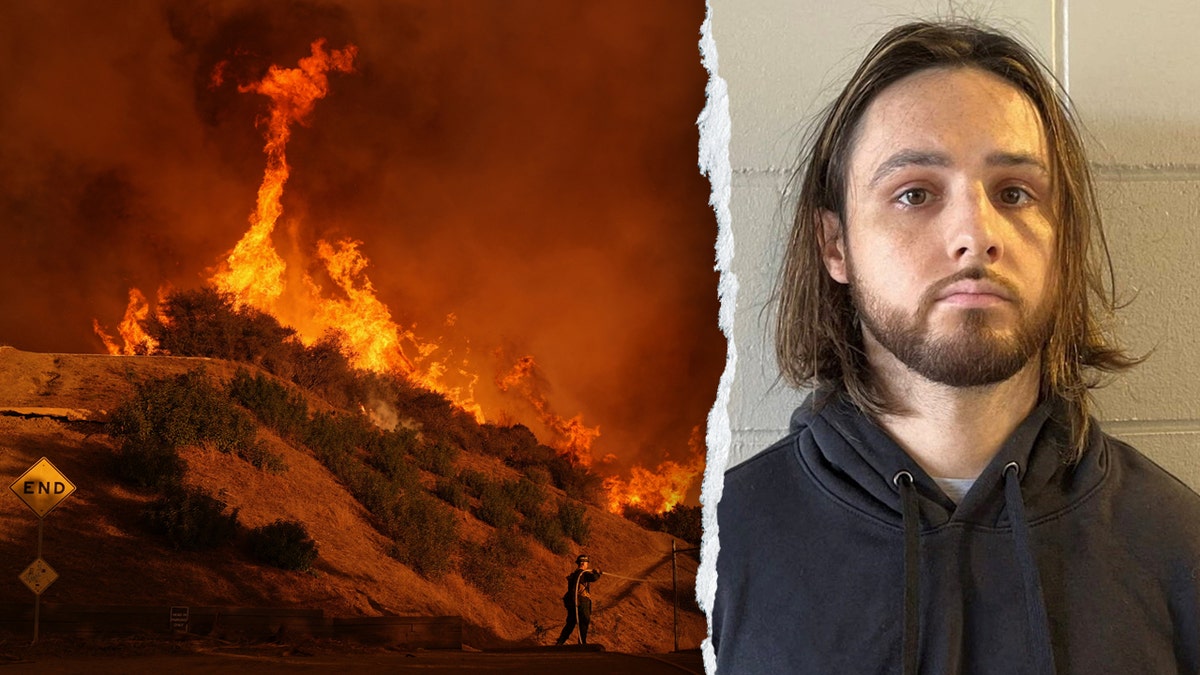
Images released in the media juxtapose the intensity of the Palisades Fire, which was fought by firefighters on January 11, 2025, in Mandeville Canyon, against the image of Rinderknecht, who now stands accused of sparking this devastating blaze. (Photo credits: Jae C. Hong/AP; Department of Justice/Reuters)
“Can I actually say something about detainment?” Rinderknecht interjected into the microphone in court, according to The Associated Press.
His attorney, Steve Haney, said they planned to return to the judge with additional evidence for why Rinderknecht should be released on bail.
“He’s a frustrated young man,” Haney said after the hearing. “He doesn’t know why he’s in jail right now.”
Haney told the judge he took issue with the fact that Rinderknecht was facing charges for the Palisades Fire when he allegedly started the smaller fire beforehand known as the Lachman Fire.
“My client is being charged with a fire that started seven days after,” he said.
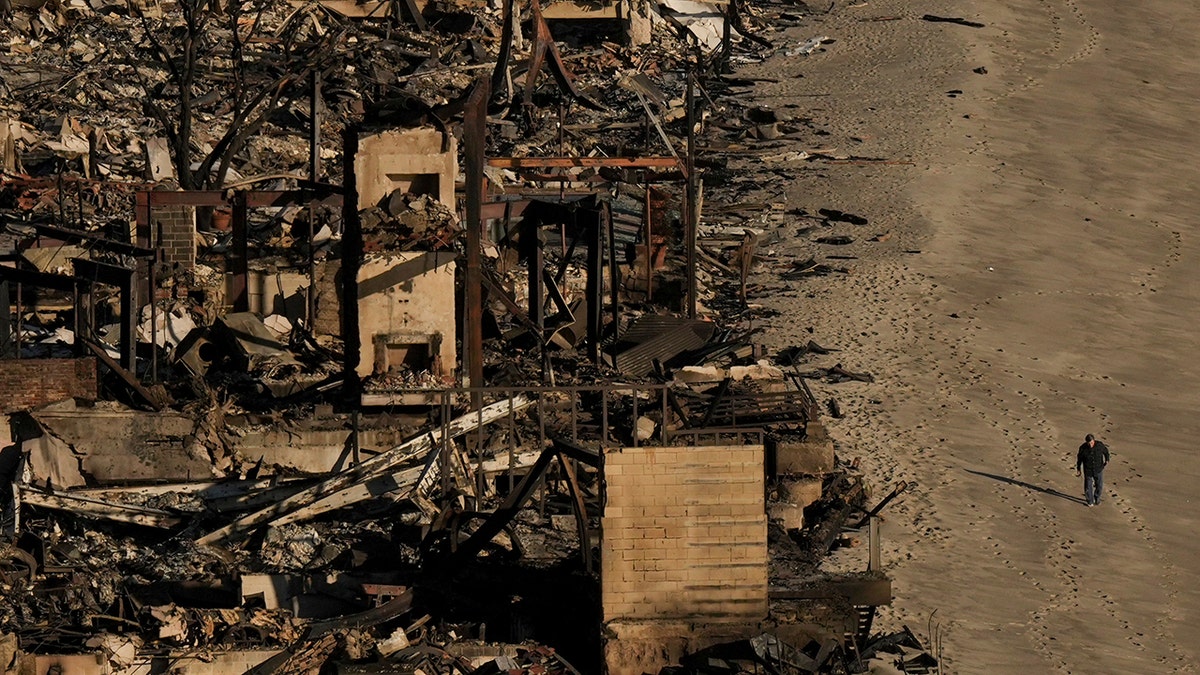
A person walks on the beach next to homes damaged by the Palisades Fire on Jan. 16, 2025, in Malibu, Calif. (Jae C. Hong/AP)
Rinderknecht was staying at his sister’s house in Orlando when he was arrested by federal officials on Oct. 7. He made his first court appearance the next day in Florida on a charge of malicious destruction by means of a fire.
A week later, a grand jury indicted him on additional charges, including one count of arson affecting property used in interstate commerce and one count of timber set afire. If convicted, he would face up to 20 years in federal prison.
Rinderknecht’s trial is set for December 16.
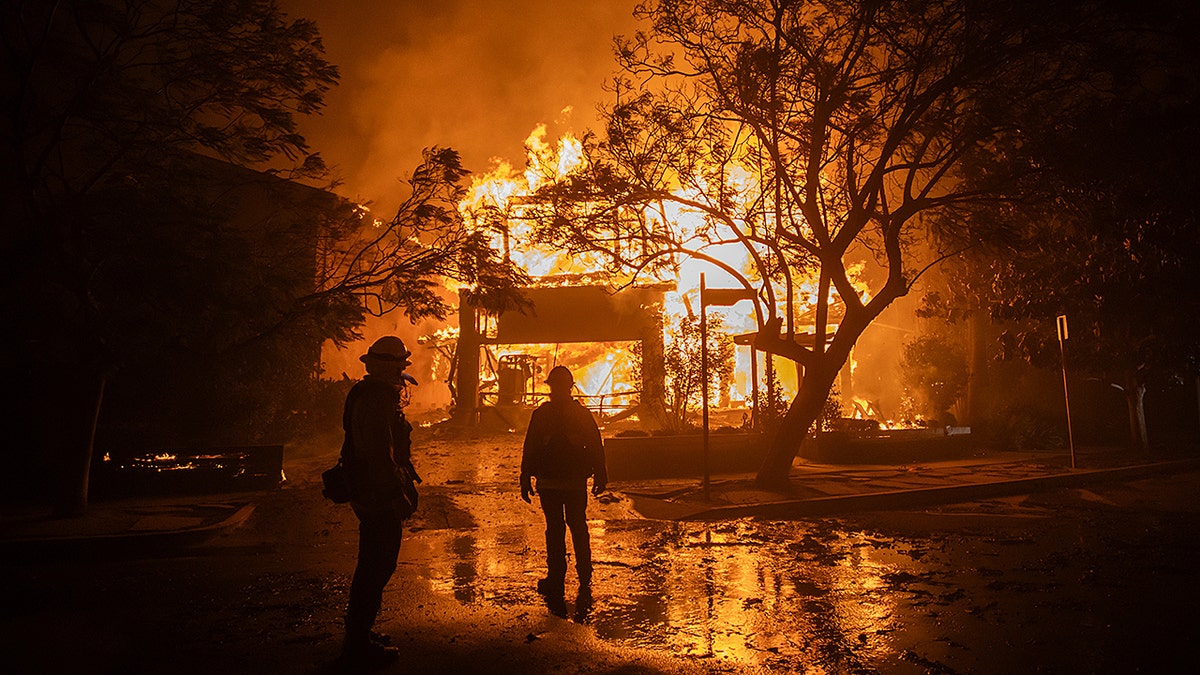
Firefighters watch the flames from the Palisades Fire burning a home during a powerful windstorm on Jan. 8, 2025 in the Pacific Palisades neighborhood of Los Angeles. (Apu Gomes/Getty Images)
Rinderknecht has no documented history of mental health issues, drug use or prior criminal activity, Haney said.
However, the judge in Florida who initially ordered Rinderknecht to be detained said he had concerns about Rinderknecht’s mental health and his ability to get to California for future court hearings.
The U.S. Attorney’s Office for the Central District of California previously cited court documents as saying that, “law enforcement determined that the Palisades Fire was a ‘holdover’ fire — a continuation of the Lachman Fire that began early in the morning on New Year’s Day 2025.”
“Law enforcement determined — using witness statements, video surveillance, cellphone data, and analysis of fire dynamics and patterns at the scene, among other things — that Rinderknecht maliciously set the Lachman Fire just after midnight on January 1 on land owned by the Mountains Recreation and Conservation Authority (MRCA), an organization that received federal funding,” the office added. “A week later, the same fire — then known as the Palisades Fire — burned federal property.”
